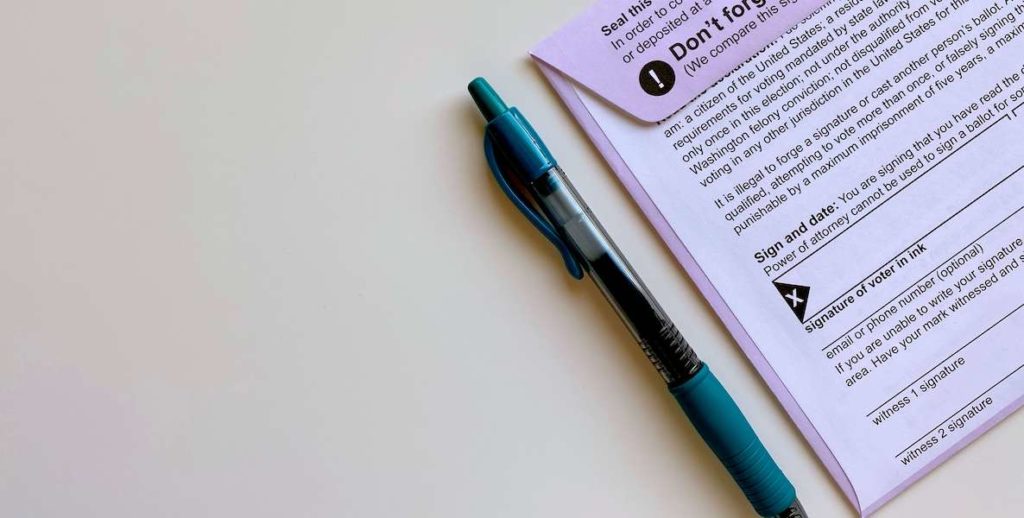Joe Biden won Pennsylvania, it’s safe to say, but his coattails were notably weak for down-ballot Democrats, and some people have theorized that the elimination of straight-party-ticket voting in Act 77 is an explanation for this.
While Act 77 has been praised for its foresight in creating Pennsylvania’s vote-by-mail system well ahead of the pandemic, legislative Democrats have always felt it was much more of a mixed-bag.
Many Democrats opposed the deal when Governor Tom Wolf announced an agreement with legislative Republicans to expand voting options, arguing that the elimination of straight-ticket was too costly of a trade for down-ballot Democrats to make to get early voting and vote-by-mail.
Affirmative votes for the Republican nominees for auditor general and treasurer, not undervotes, are what made the difference for Nina Ahmad and Joe Torsella.
So some people are looking at the election outcome as partial vindication of this original skepticism about Act 77, since even though Biden won the state by more than one percentage point, there was very little positive movement for Democrats in the legislature, and Democrats lost two of the three statewide row-office races.
Mike Johnson, data director at AFL-CIO PA, looked into this question in the case of the row office races, and argues that it’s an inadequate explanation.
The pro straight-ticket-voting theory is that it reduces down-ballot under-votes for same-party candidates, which believers theorize could have helped some more Democrats win if they had been more automatically tied to Biden.
But Johnson shows that in 2020, under-votes were down compared to previous presidential election cycles. He also finds that affirmative votes for the Republican nominees for auditor general and treasurer, not undervotes, are what made the difference for Nina Ahmad and Joe Torsella.
Johnson also notes that Republican voters have tended to use the straight-party-vote option at a higher rate than Democratic voters, so while it would require more analysis to say for certain this is how it played out in individual districts, it seems unlikely that the loss of straight-party hurt Democratic legislative candidates either.
Jon Geeting is the director of engagement at Philadelphia 3.0, a political action committee that supports efforts to reform and modernize City Hall. This is part of a series of articles running on both The Citizen and 3.0’s blog.

